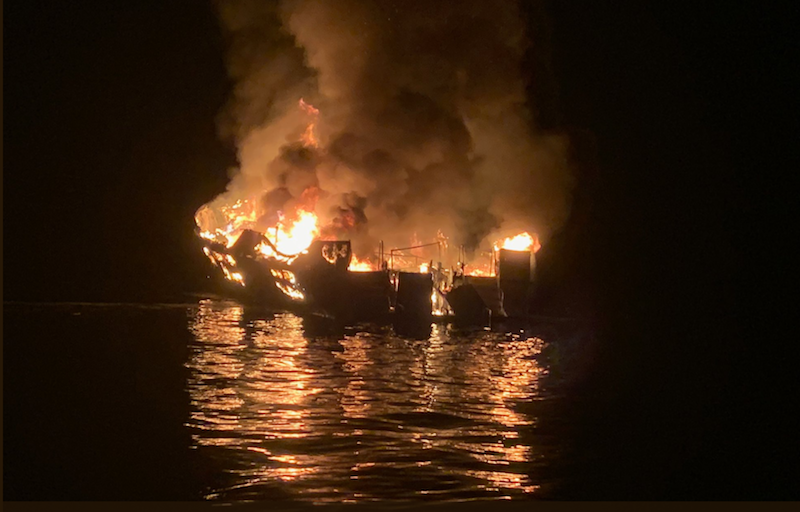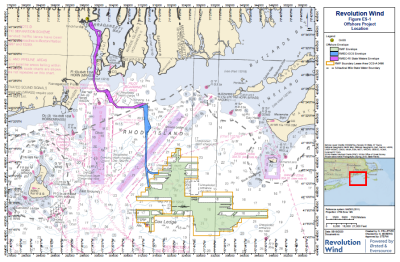The September fire aboard the dive boat Conception resulted in 34 fatalities. The maritime industry agonizes over accidents such as this. As we wonder how such an incident could have been avoided, it also motivates us to review our own policies, crew training protocols and risk management practices. Commercial vessel operators must continuously drill and prepare for the worst.
My vessels operate on one hour and two-and-a-half-hour cruises on the Ohio River in Cincinnati. The boats are steel, with fire zones, and we do not have crew or passenger berths. The Conception, which was constructed of wood and fiberglass, had passenger berths below the main deck.
A boat fire is probably one of the worst things that I can imagine. Fortunately, in my 40-plus-year career on the rivers, I have only experienced fire on board a vessel once. It was a small fire in a garbage can, which was extinguished very quickly. The fire never got out of hand due to training and the quick reaction of my crew.
Like other marine operators, we at BB Riverboats believe in the importance of conducting regular firefighting and other drills so that our crewmembers know their responsibilities in an emergency. Our company is an active participant in the Coast Guard’s Streamlined Inspection Program (SIP) that ensures vessels operate in a continual state of compliance. We also use risk management and online training materials developed by the Passenger Vessel Association (PVA) to augment our crew training regimes. PVA also offers a safety management system (SMS) called Flagship. It is a structured and documented SMS that enables both shore side and vessel side personnel to effectively manage safety through a proactive culture of continual improvement.
Emergencies aboard vessels are compounded by many factors which occur very quickly. Crew training is the key to effectively and efficiently managing an emergency or accident, whether it is fire, engine loss, man overboard or some other incident.
All commercial vessel operators should review and reassess their safety and risk management programs on a regular basis. After all, the safety of our passengers and crew is our most important job and, unfortunately, accidents do make us stronger.





